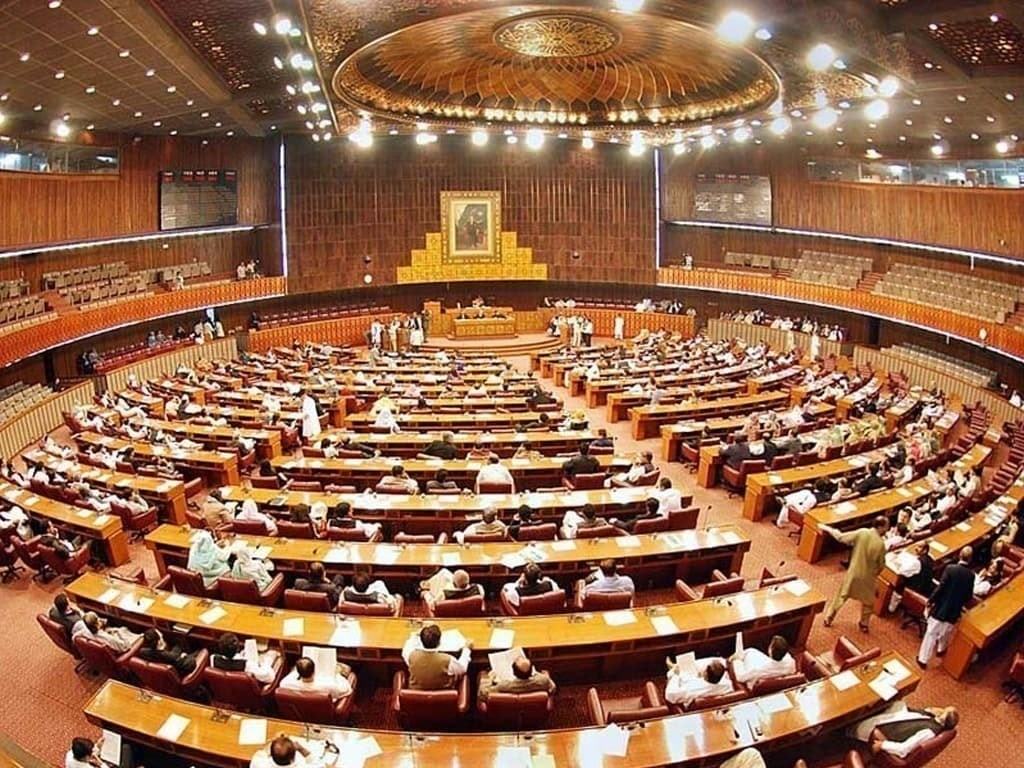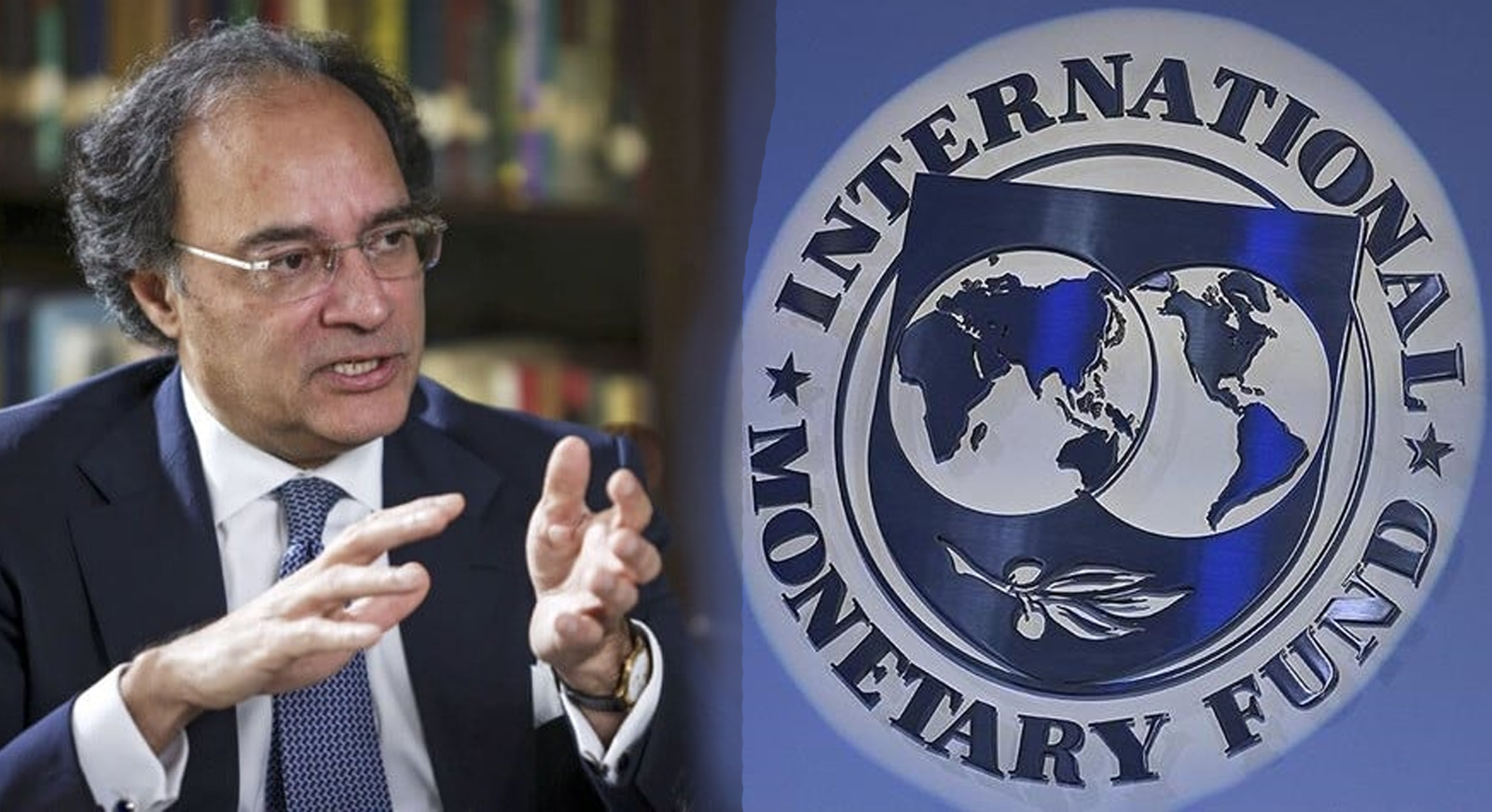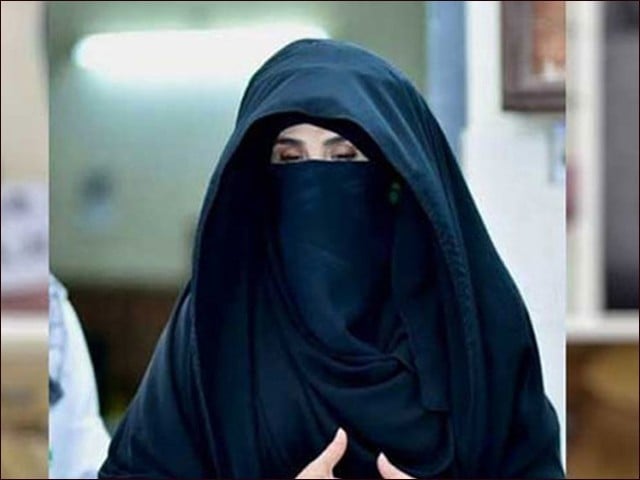The long-anticipated Senate elections 2024 in Khyber Pakhtunkhwa (KP) officially commenced today (Monday), bringing political intrigue and internal party dynamics into the spotlight. Voting began at 11:00 AM and is scheduled to continue till 4:00 PM in the KP Assembly’s Jirga Hall, which has been designated as the official polling station by the Election Commission of Pakistan (ECP).
A total of 25 candidates are vying for 11 Senate seats, including seven general seats, two reserved for women, and two for technocrats/religious scholars.
In a significant political development, Chief Minister Ali Amin Gandapur successfully convinced four dissident Pakistan Tehreek-e-Insaf (PTI) candidates to withdraw their nominations. The internal divide had threatened to turn the Senate elections into a “PTI vs PTI” contest, risking fragmentation within the ruling party’s provincial unit.
Following extensive late-night negotiations, Gandapur ensured party unity, leaving Khurram Zeeshan as the only dissident PTI candidate still in the race for a general seat. This strategic move not only prevented a direct confrontation within the party but also allowed PTI to solidify its electoral strategy.
In a rare show of bipartisanship, the ruling PTI and opposition parties agreed on a 6-5 seat-sharing formula. Under this agreement, the PTI-backed government will support six candidates, while the opposition will field five. This arrangement comes after months of legal and political deadlock surrounding the Senate polls, particularly related to the oath controversy of reserved seat MPAs.
The deadlock was broken following the swearing-in of 25 MPAs on KP’s reserved seats, administered by Governor Faisal Karim Kundi on Sunday evening. This development allowed the ECP to proceed with the previously postponed elections, which had been delayed since April 2024.
Senate elections in Pakistan follow a proportional representation system using the single transferable vote (STV) method. Unlike general elections, where the winner is the candidate with the most votes, the Senate elections reflect party strength in the assembly more accurately.
Each Member of Provincial Assembly (MPA) is allowed to cast votes across categories:
- White ballot for general seats
- Green ballot for technocrats
- Pink ballot for women’s seats
To win:
- A general seat requires at least 19 votes
- A reserved seat requires 49 votes
The KP Assembly currently has 92 pro-government MPAs and 53 opposition members. The opposition is attempting to clinch three out of seven general seats, but will need at least four additional votes to secure the third.
A total of 25 candidates are contesting today’s elections.
PTI-backed candidates:
- General Seats: Murad Saeed, Faisal Javed, Mirza Mohammad Afridi, Noorul Haq Qadri
- Reserved Seats: Robina Naz (women), Azam Swati (technocrat)
Opposition-backed candidates:
- General Seats: Niaz Ahmad (PML-N), Talha Mahmood (PPP), Atta-ul-Haq (JUI-F)
- Reserved Seats: Rubina Khalid (PPP), Dilawar Khan (JUI-F)
Of notable interest is Senator Talha Mahmood (PPP), who is receiving cross-party support. Sources confirm that although he has 15 confirmed votes from the opposition, the government has agreed to transfer five surplus votes to secure his win. His victory could become the most pivotal outcome of this election.
According to parliamentary insiders, seven panels have been formed to organize voting for the general seats:
- Four government-backed panels
- Two opposition panels
- One joint panel, backing Senator Talha Mahmood
To avoid potential cross-voting, members with questionable loyalty have been excluded from panels supporting Mirza Afridi, a key PTI candidate. These individuals have been grouped under Murad Saeed’s panel, safeguarding PTI’s ideological core and ensuring they don’t sway towards rival candidates.
This tactical maneuver underscores the ruling party’s efforts to maintain strict internal discipline during a high-stakes election.




